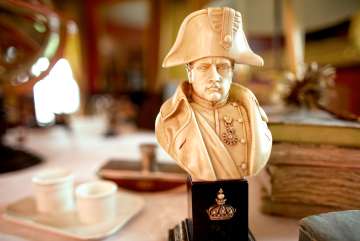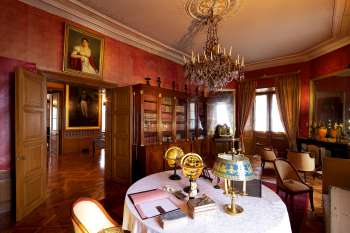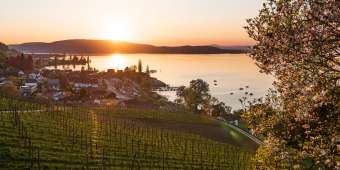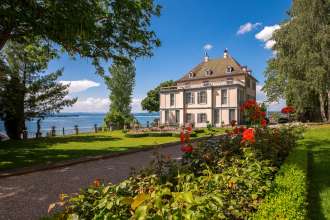
Napoleon the Third spent a large part of his youth in Thurgau at Arenenberg Castle. The future Emperor of France was a character who was unjustly relegated to the margins of history. He was esteemed and respected in the region, the canton of Thurgau made him its only honorary citizen and he even spoke Thurgau dialect. His legacy on the picturesque Untersee can still be explored today.


